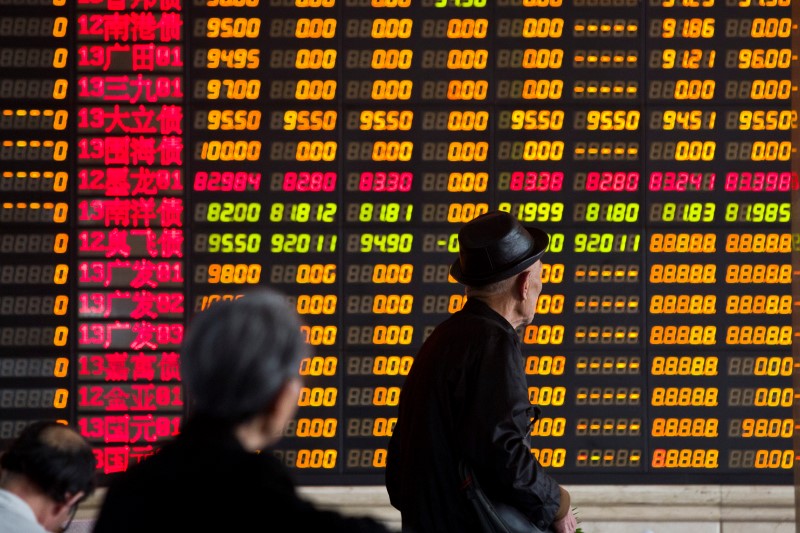This post was originally published on this site
https://i-invdn-com.investing.com/news/LYNXMPEA7D0QX_M.jpg
Investing.com – Asia Pacific stocks were mostly up on Monday morning as the U.S. may announce a rollback of some U.S. tariffs on Chinese consumer goods this week.
Japan’s Nikkei 225 gained 0.69% by 10:33 PM ET (2:33 AM GMT).
South Korea’s KOSPI jumped 1.42%.
In Australia, the ASX 200 rose 0.27%.
Hong Kong’s Hang Seng was up 0.77%.
China’s Shanghai Composite inched down 0.04% while the Shenzhen Component was down 0.51%.
S&P 500 and Nasdaq 100 gained about 0.5% from Friday’s close. U.S. markets were shut Monday for the Independence Day holiday.
U.S. 10-year Treasury yields pushed past 2.95% after reopening from a holiday.
U.S. President Joe Biden may announce a rollback of some U.S. tariffs on Chinese consumer goods this week to counter inflation. Biden administration could also unveil a probe into industrial subsidies, which might lead to more duties in strategic areas like technology.
Speculation has intensified that Biden may reduce some Trump-era tariffs on $300 billion in Chinese imports. Policymakers are under pressure to bring down inflation.
“Markets are likely to react positively on a knee-jerk because at this point, we are hungry for any signs of positive news,” Saxo Capital Markets Pte. senior markets strategist Charu Chanana told Bloomberg.
“But we don’t see the move impacting the global growth and inflation dynamics in a significant way.”
In Asia Pacific, China’s services activity grew at the fastest rate in June in almost a year as COVID curbs eased and demand revived. China Caixin services purchasing managers’ index (PM) rose to 54.5 in June, indicating the fastest growth since July last year and the first expansion since February.
Investors now are also monitoring Australia’s interest-rate decision, which is due later in the day. The central bank is expected to deliver a back-to-back half-percentage point interest rate hikes.

